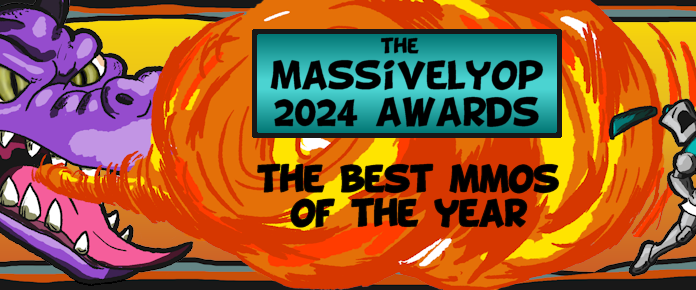
“Yesterday we suspended 1,583 accounts for a period of 6 months,” Gaile Gray wrote on the forums. “1516 accounts were suspended because we detected that the accounts were running Guild Wars 2 at the same time as one or more of the following programs over a significant number of hours during a multi-week period earlier this year. We targeted programs that allow players to cheat and gain unfair gameplay advantages, even if those programs have other, more benign uses.” Those programs included CheatEngine, Nabster, GW2MHRexe, UNF, and MMOMINION.
The upset in the community, of course, is that the banned players didn’t necessarily use the programs in conjunction with the game. So not only does ArenaNet acknowledge that the programs it banned for have innocent uses, but it also admits that it doesn’t actually know whether the banned players used them in GW2.
Of course, to know what it does know, ArenaNet apparently stealth-installed de facto spyware as part of its early March update. A Redditor named fwosar, who happens to be a skilled at software reverse engineering, dug into the files to figure out how ArenaNet did it.
“This is exactly why competent anti-cheat developers would never go down this route. There are plenty of more effective, more precise and way less intrusive methods to detect cheating in your game. You don’t have to massively degrade game performance for everyone (reading a shit tonne of files on your system and hashing them isn’t the most lightweight thing to do and if you had stutters or high disk activity during that time, you now know why) and create a metric tonne of problematic and privacy invasive data to catch botter in your games, Arena. I would have expected way better from you.”
“Arena decided it was okay to just snoop around in the processes I was running and decided it found something it didn’t like,” he concludes. “I am not a lawyer, but this kind of spying behaviour surely seems like it would be illegal here in Europe and I am not even sure if it is documented in their EULA/privacy policy.”
The detection code was reportedly removed from the client on March 27th.













